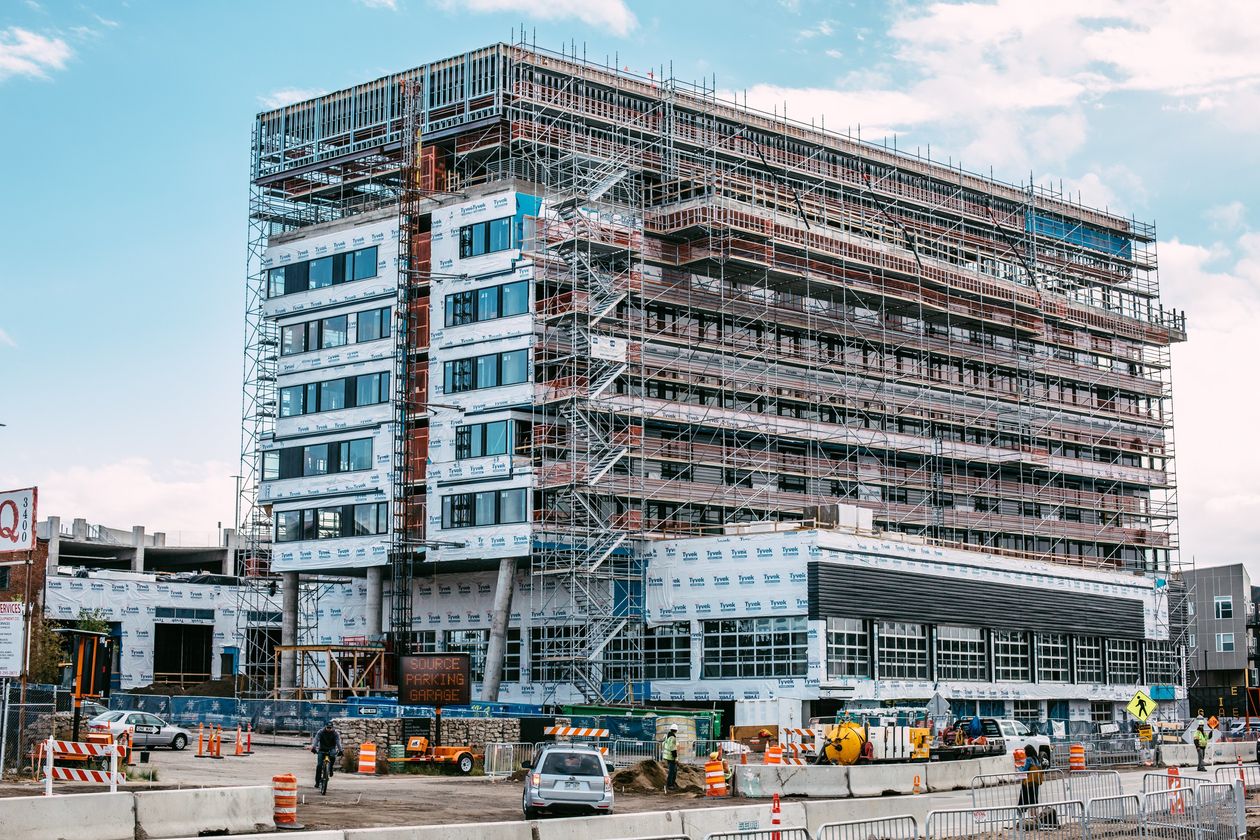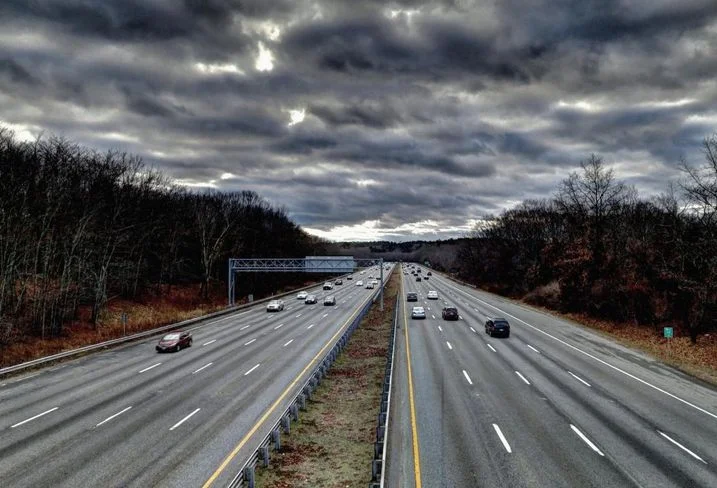New data about the national housing market shows some positive signs that the market is growing steadily again. Prices of existing homes rose 6.2 percent, building permits (an indication of new homes being built) increased 5 percent, and mortgage rates are low at 3.66 percent, according to a recent Fox Business report. See what some experts have to say about these indicators by clicking here.
Read More“In the last five years in Greater Boston, 59,000 more drivers commuted alone. A study released in February found Boston had the nation’s worst rush-hour traffic,” reported the Boston Globe. An in-depth investigation from the Spotlight Team revealed the many facets causing traffic issues in greater Boston including old and inefficient public transportation options and an annual increase in the number of drivers on the road. On top of that, our politicians have been slow to try much-needed solutions to the traffic problem. So what will the long-term effects be on Boston’s economy and housing? Click here to read more.
Read MoreThe National Association of Realtors (NAR), which oversees 640 multiple listing services across the country, voted this week to require members to list all properties within one day of marketing efforts beginning - a policy effective May 1, 2020. In essence, they are trying to prohibit “off-market” listings. The goal of this is for all buyers to have equal knowledge and access to all the properties that are currently for sale. However, this policy may have unintended consequences for sellers and their agents. For example, agents can no longer start marketing a property while it is undergoing renovations or getting staged and photographed. For more pros and cons of this new policy, check out this article.
Read More“Lenders extended $700 billion of home loans in the July-to-September quarter, the most in 14 years, according to industry research group Inside Mortgage Finance,” as was reported in a recent Wall Street Journal article. The authors suggest that the spike in home loans is due to falling mortgage interest rates. Many homeowners have taken advantage of the low rates by refinancing their home loans. In addition, home sales have risen on an annual basis, but not as much as expected, possibly due to the lead time it takes to find and close on a home once someone has decided to take advantage of the low rates and actually buy a home. For more analysis on the causes and effects of falling mortgage rates, click here.
Read MoreYou may not find it too surprising that Dukes County, home to both Martha’s Vineyard and Nantucket, has the highest percentage of vacation homes in the country at 55.5%. While the vacation season is short compared to other vacation destinations (think Florida, California, Carolinas), people flock to Nantucket and Martha’s Vineyard for its’ exclusivity and sense of safety. Read more about the real estate market on these special islands by clicking here.
Read MoreIt is no secret that cities across the country are facing transportation challenges as urban populations grow and Boston is no exception. According to a recent Boston.com article, “Governor Charlie Baker has proposed an $18 billion transportation bond bill that would help fund the T’s 13-year maintenance backlog, as well as expansion efforts.” This is just one effort among many to get Greater Boston’s public transportation to serve more people more efficiently and reliably so less people have to rely on driving in increasingly heavy commuter traffic.
So, what effect, if any, will Boston’s transportation difficulties have on the real estate market?
Read MoreThe FHA plans to back 60,000 additional condo loans each year on top of the roughly 16,000 it already backs. So what exactly does that mean? In short, an FHA-backed loan only requires a 3.5% down payment and they often lend to people with lower credit scores. Both of these things combined will allow more first-time home buyers to enter the market because they don’t need to save as large a down payment or build up their credit history. This is especially true in larger cities across the US where home prices are rising and preventing many from entering the market. Read this article from the Wall Street Journal to discover what experts are saying the pros and cons of this policy are.
Read MoreWhen you take a look at the luxury condo market in Boston, there is no sign of prices stagnating or dropping anytime soon. A recent market report from the second quarter of 2019 showed that the average sale price of luxury condos in the downtown area is up 22.8% annually and the median sale price is up 21% annually. The report attributes the rise in prices to a decrease in the number of sales which is down 14.9% annually. To read more, click here.
Read MoreBoston is facing a major housing crisis due to the lack of housing supply. Rents are on the rise not just in Boston, but in the suburbs around Boston as well and vacancy rates are around 3%. While it is a bad situation for renters in the area, investors from all around the country are looking to take advantage of the market by purchasing multifamily properties. To read more, click here.
Read MoreMillennials are in quite a different position than their parents and grandparents were when it comes to the prospect of buying a home. A recent report showed that in 1975, it took 9 years for someone earning the median salary to save up for a 20% down payment on a home (assuming they saved 5% of their income per year) and now it takes 14 years. This change is even more extreme in well-known cities across the US - 43 years in Los Angeles, 40 years in San Francisco, 36 years in New York, and 30 years in Boston. There are many reasons why this is the case such as a scarcity of housing and restrictive zoning laws. To read more, check out this article that summarizes Unisom’s report about the increasing gap between income and real estate prices.
Read MoreIf you ask any developer in Boston what they think of the zoning approval process, I would guess that one of their first comments would be about how “political” it can be. A recent report by researcher Amy Dain looked at the zoning laws of 100 communities around Boston and found that “over a two-year period from 2015 to 2017, only 14% of multifamily units in the greater Boston communities Dain studied were permitted "by right".” That means the other 86% of projects were subject to the discretion of zoning boards - zoning boards that are often influenced by local politics. For a quick overview of the report’s findings, check out this article. For the full report, click here.
Read More











